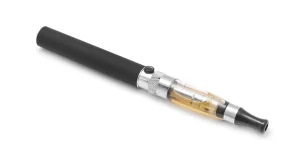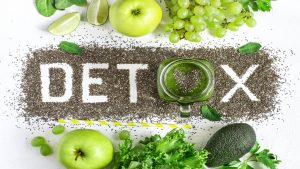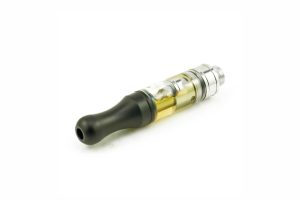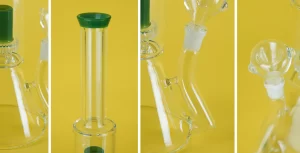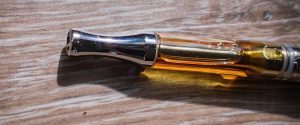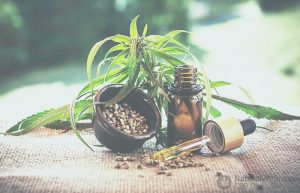
An increasing number of companies are currently producing and selling hemp-based products. Due to this, many consumers have started to wonder what safety measures are in place for hemp products. In the United States, hemp products are legal under the 2014 Farm Bill (Section 7606). The Farm Bill states that producers and distributors of hemp, such as Online hemp store, are allowed to ship “hemp or a derivative” across state and national borders. They can also import hemp products made in other countries. Here are the safety measures that are in place for hemp products:
Manufacturing Standards
At the federal level, it is illegal to import raw hemp in its natural form. The regulations in place require that industrial hemp must be harvested, cleaned, and processed into a specific product before it is shipped. The International Hemp Association requires that each lot of raw hemp fiber contain a minimum of 30% viable material. The fibers have to have been dehulled and contain more than 14% lignin content and more than 5% cellulose content. Otherwise, raw hemp will be treated as a controlled substance.
Labeling
The required labeling process is overseen by the U.S. Food and Drug Administration (FDA). This process is meant to prevent people from being misled about the product’s composition and its effects on their body. The FDA has issued a rule stating that hemp-based foods must contain one of two other common names: hempseed or hemp oil. The FDA is concerned that consumers may be misled into believing that the food contains hemp instead of being more familiar with the more common name, hempseed. The labeling must also mention if the product has been tested for pesticides and toxins.

Production
In order for companies to import hemp products from countries where it is illegal to produce, they must receive a federal permit from the Drug Enforcement Administration (DEA). They can only receive this permit if they will export their product. The U.S. Department of Agriculture (USDA) and the Food and Drug Administration are both among the agencies that handle permits for imported hemp products.
There are currently no regulations in place to prevent companies from testing these hemp-based products on animals and humans, nor is there a requirement to disclose whether these tests were conducted on the finished product or on raw hemp material. Some critics argue that there is no need for these labels since it is illegal to import hemp containing more than 0.3% THC. However, this argument does not seem very convincing. This is because there is no way to determine whether the low THC content was the result of human intervention or natural processes.

